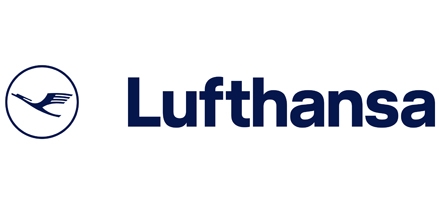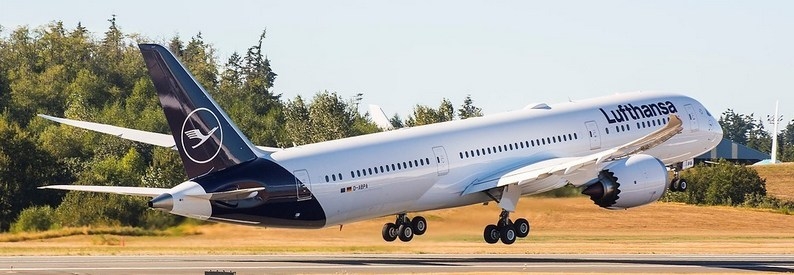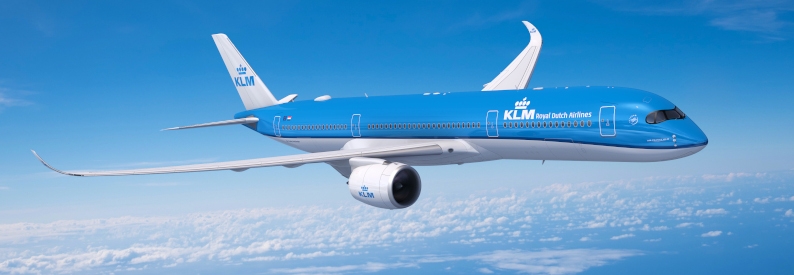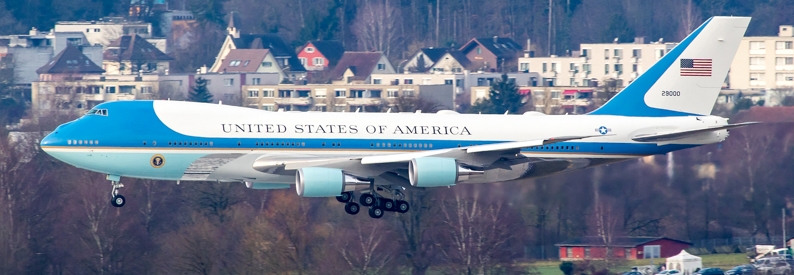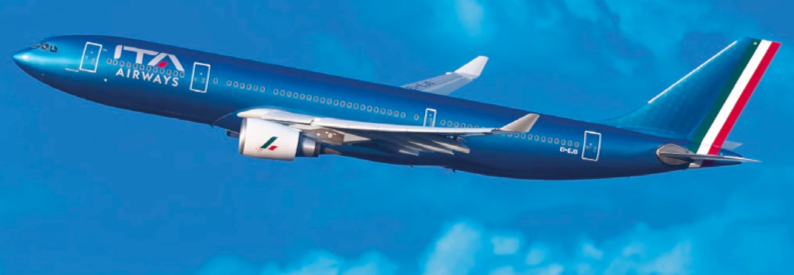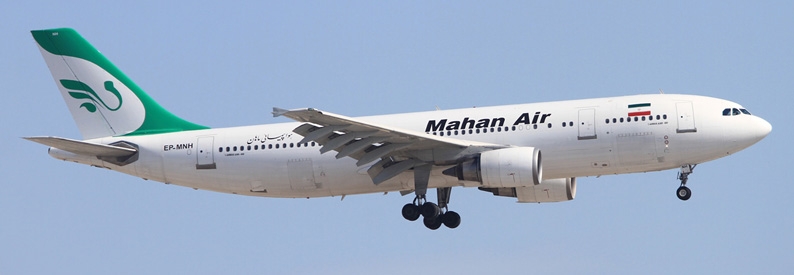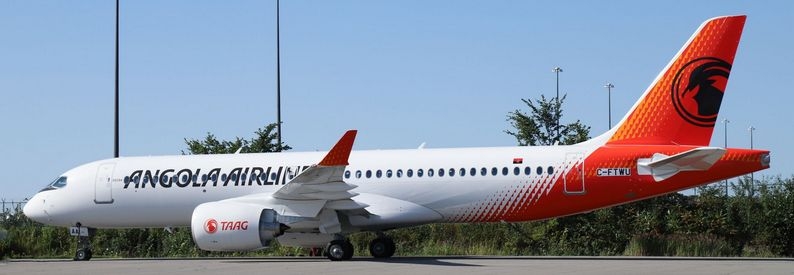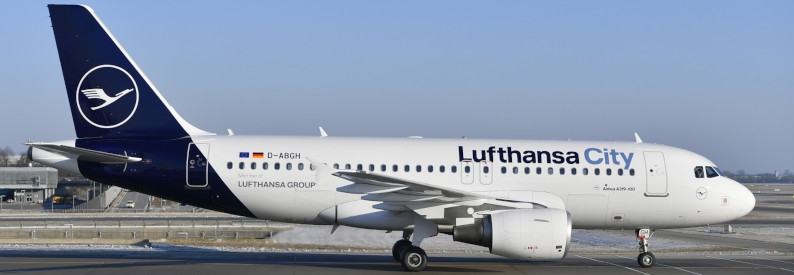Lufthansa Group has petitioned the US Department of Transportation (DOT) not to proceed with plans to curtail European Union-based carriers' wet-lease operations in the transatlantic market.
On February 21, the DOT issued a Show Cause warning the bloc that given endless delays in the ratification of a Wet-Lease agreement between the US and EU, the US was preparing to limit the duration of wet-lease statements of authorization granted to EU-based carriers to a maximum of 14 months. In addition, those whose authorizations had been running for more than 14 months would be terminated effective March 30, 2019.
The DOT argued that the move would level a playing field that had been unfairly biased against US operators that have been denied wet-lease opportunities in the EU due to EU regulation 1008/2008. Passed in 2008, the regulation only allows non-EU carriers to wet-lease to EU carriers for an initial duration of seven months, with the opportunity for one extension for another seven-month period (i.e. a maximum total of 14 months). In 2012, the US and the EU set out to resolve the impasse resulting in the drafting of the text of a Wet-Lease Agreement in February 2018. However, the deal has yet to become binding given a lack of consensus among EU member states.
Among the wet-lease authorizations the DOT signalled it would terminate from March 30 onwards are Lufthansa's contract with Lufthansa CityLine, and Eurowings' contract with Brussels Airlines and SunExpress Deutschland.
In its response filed on March 5, Lufthansa Group said the forced termination of these wet-lease contracts would have devastating consequences for not only itself, but also United Airlines which codeshares on numerous Lufthansa transatlantic flights.
"These wet-lease arrangements provide vital operational flexibility for Lufthansa Group carriers, allowing them to respond effectively to market demand and the travel needs of consumers in both the United States and Europe," it said. "Terminating or limiting the duration of the Lufthansa Group's wet-lease arrangements will result in serious inconvenience to both US and non-US consumers and cause significant operational disruption to Lufthansa/United services in US-EU markets. Thousands of passengers on affected routes will experience service disruptions that may include capacity downgrades, delays and/or flight cancellations."
Lufthansa warned that if the authorisations are revoked ahead of the summer season as set down by the DOT, it stands to lose revenue in excess of USD100 million. Given this threat, both Lufthansa and United implored the DOT not to punish private carriers when the dispute is purely bilateral and government-to-government.
"If the Department were to finalize its Order to Show Cause, it would punish Lufthansa and United for an intergovernmental problem that the carriers did not cause. The Department's list of affected wet-lease services makes clear that the Lufthansa Group's US service, involving flights on which United codeshares, will suffer the vast majority of the harm a final DOT order would inflict."
On the issue of the dispute, Lufthansa urged the DOT to engage both the EU and the French government to resolve all outstanding issues that have precluded the wet-lease agreement from coming into effect. In particular, the German carrier holding singled out France as being the main stumbling block in negotiations.
"We understand that a primary reason why the wet-lease resolution has not been implemented relates to issues raised by the French government. The Lufthansa Group and United urge the DOT to have discussions with the European Commission and France to find resolution on the matter," they added.
Lufthansa/United said that if the DOT were to finalise its Show Cause, it would ironically benefit French carriers given the severe disruption Lufthansa would suffer.
In summation, Lufthansa Group and United asked that if the DOT does indeed proceed with finalisation, it make the effective date October 1 so that they both have time to prepare and make adequate arrangements.
For its part, the Swiss Federal Office of Civil Aviation (FOCA) has also objected to the DOT's motion stating that while no Swiss carriers are affected by the DOT's plans at present, the terms of the US-Switzerland air services agreement (ASA) allow for the two countries to wet-lease in capacity from any country for an unlimited amount of time.
FOCA also highlighted that while Switzerland does apply Regulation (EC) No 1008/2008, the law's provisions on leasing, in Switzerland's case, apply only to intra-EU (plus Iceland, Norway) traffic. As such, 3rd and 4th freedom wet-lease flights between Switzerland and the US are covered by the two countries' ASA and are not regulated by the leasing provisions of Regulation (EC) No 1008/2008.
FOCA therefore asked the DOT to omit Swiss carriers from any possible wet-lease restrictions and to remove all references to Swiss carriers as "affected" parties from any potential final order.
- Type
- Base
- Aircraft
- Destinations
- Routes
- Daily Flights
